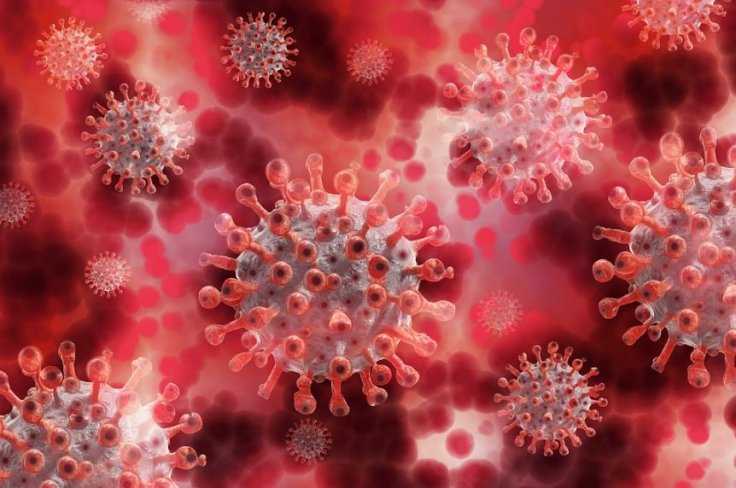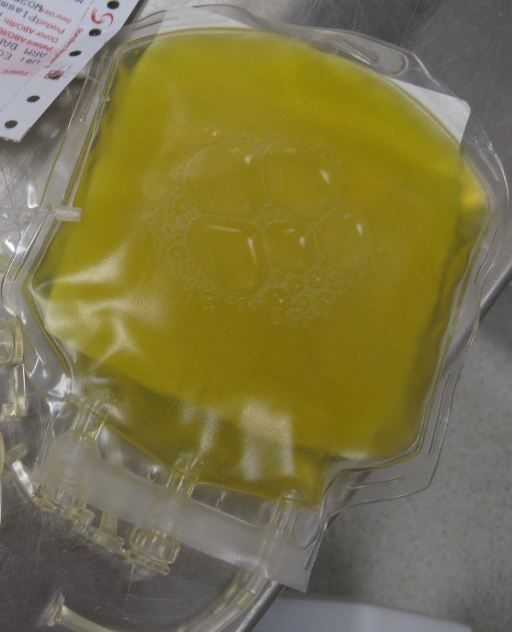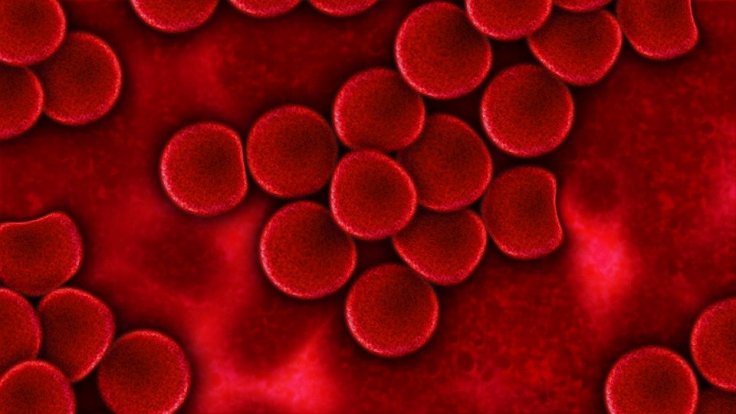The use of convalescent plasma from individuals who have recovered from COVID1-9 has been relied upon by clinicians to help sufferers of the infection beat the SARS-CoV-2 coronavirus. However, the debate surrounding the equal effectiveness of all donor plasma is still ongoing. Now, a new study has found that individuals who are male and have suffered severe forms of the disease that required hospitalization are better suited for serving as donors as they are likely to possess higher levels of antibodies.
According to the study co-led by Johns Hopkins Bloomberg School of Public Health, sex, age and severity of the disease may serve as useful markers for the selection of COVID-19 survivors as convalescent plasma donors.
"We propose that sex, age, and severity of disease should be used to guide the selection of donors for convalescent plasma transfer studies because we found that these were significant patient characteristics that not only predicted the amount of antibody but the quality of that antibody," said Dr. Sabra Klein, lead author of the study in a statement.
Convalescent Plasma to Treat COVID-19

The use of convalescent plasma to immunize or treat patients is not unheard of. It has been used to treat patients who are at a high risk of exposure during well-known outbreaks such as those of Ebola, measles, mumps, and the 1918 pandemic flu. "We know that the magnitude of antibody responses correlates with disease severity in other infectious diseases, such as active tuberculosis," highlighted Dr. Klein.
Older studies conducted among those who have recovered COVID-19 have shown that there is a remarkable difference in the strength of antibody responses among these patients. The current study aimed to identify factors that could help understand such variability and help clinicians recruit patients who were most likely to possess the highest levels of antibodies that can neutralize the SARS-CoV-2 virus.

For the study, the authors examined blood samples from 126 survivors of COVID-19. Their plasma samples were examined using various tests. The tests consisted of those that measure the plasma's capacity to neutralize cell-to-cell infection with SARS-CoV-2 in cell cultures, and also commercial tests to ascertain the level of antibodies to the pathogen's spike protein—the structure that the coronavirus uses to invade human cells. Also, as a part of the research, the authors tested the participants with commercially available test kits.
Some Plasmas Are Better and Potent
The scientists discovered that there was indeed a high degree of variance in the levels of antibody and its ability to counter and nullify the novel coronavirus. They found that there was substantial variability among the participants in their spike-protein antibody levels and the plasma's potency in neutralizing the virus. The researchers identified three factors that were linked to a more robust antibody response—being affected enough by COVID-19 to require hospitalization, being of higher age, and being male.

On an average, the plasma obtained from individuals who were admitted to the hospital on account of the infection contained notably higher levels of anti-spike protein antibodies and negated the virus more efficiently. This suggests that the strength of the immune response is dictated by how severe the disease affects an individual.
Offering insights that were accordant with previous studies conducted in Europe and China, the current study also found that older and male sex were associated with more powerful antibody responses. However, these connections were weaker in comparison to hospitalization status.
Through tests using commercial kits, it was found that in COVID-19 survivors who had neutralizing antibody responses, the likelihood of having elevated levels of coronavirus anti-spike antibodies was higher. This suggests that a relatively inexpensive kit may serve as an ideal tool for identifying the right donors.









